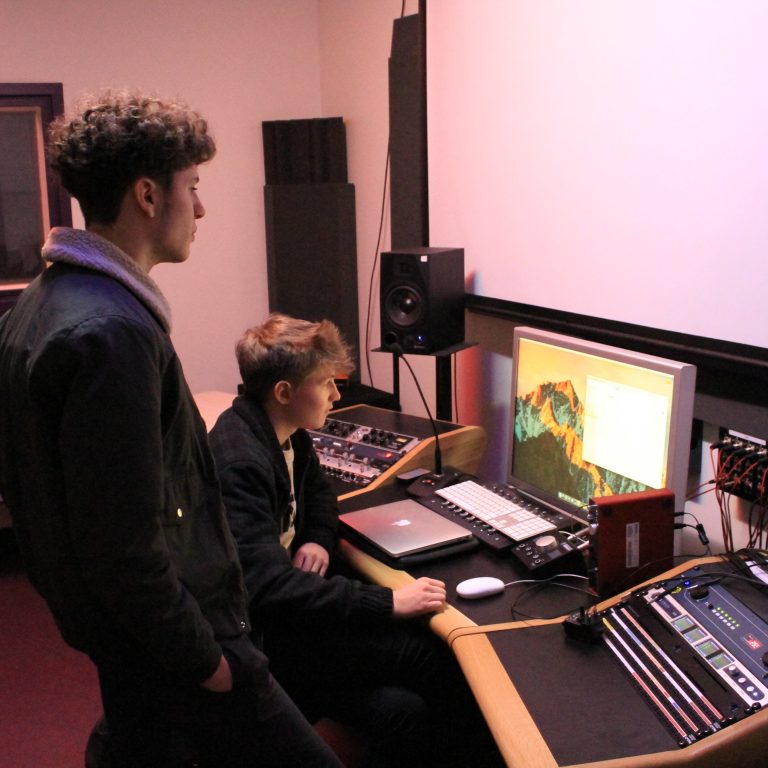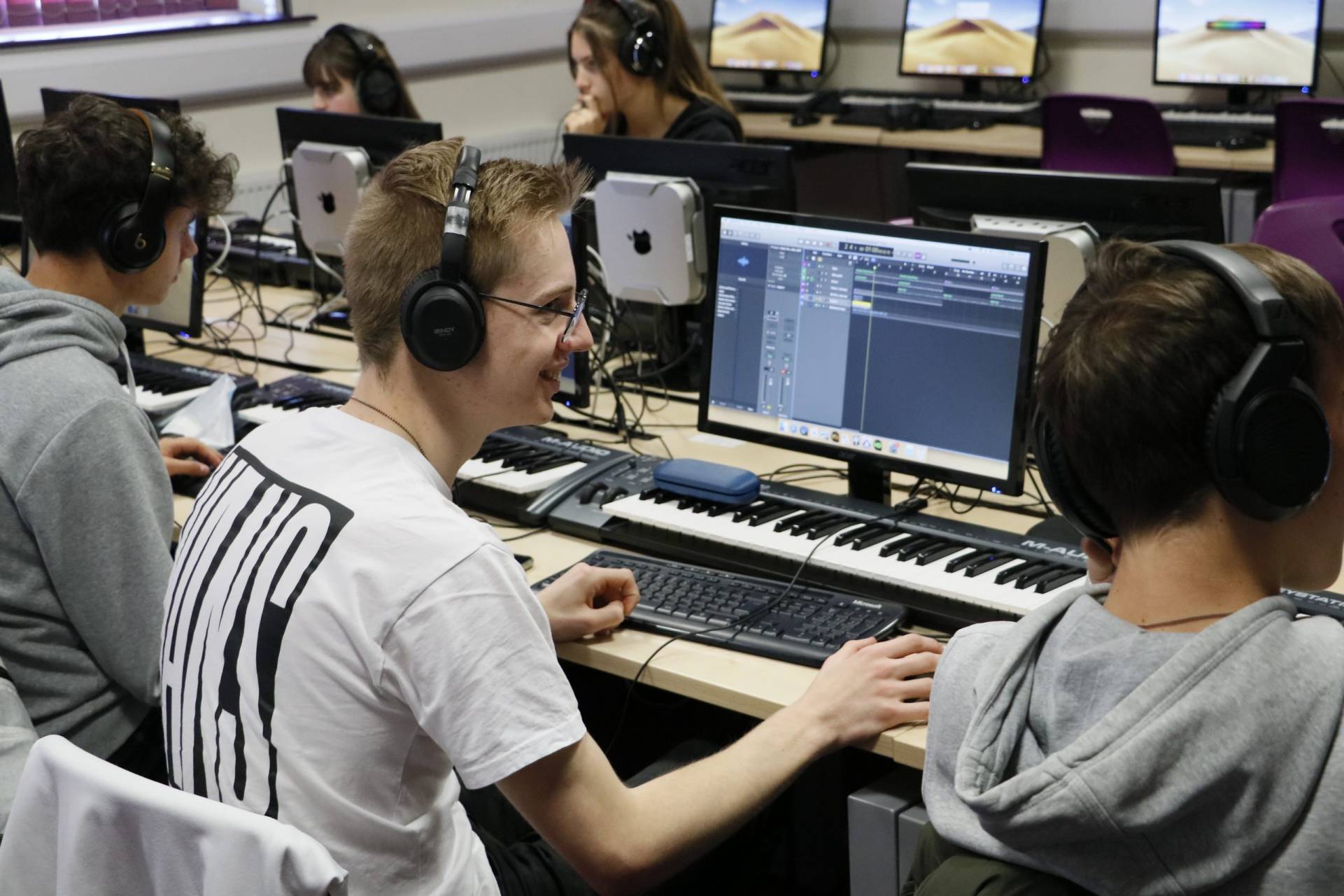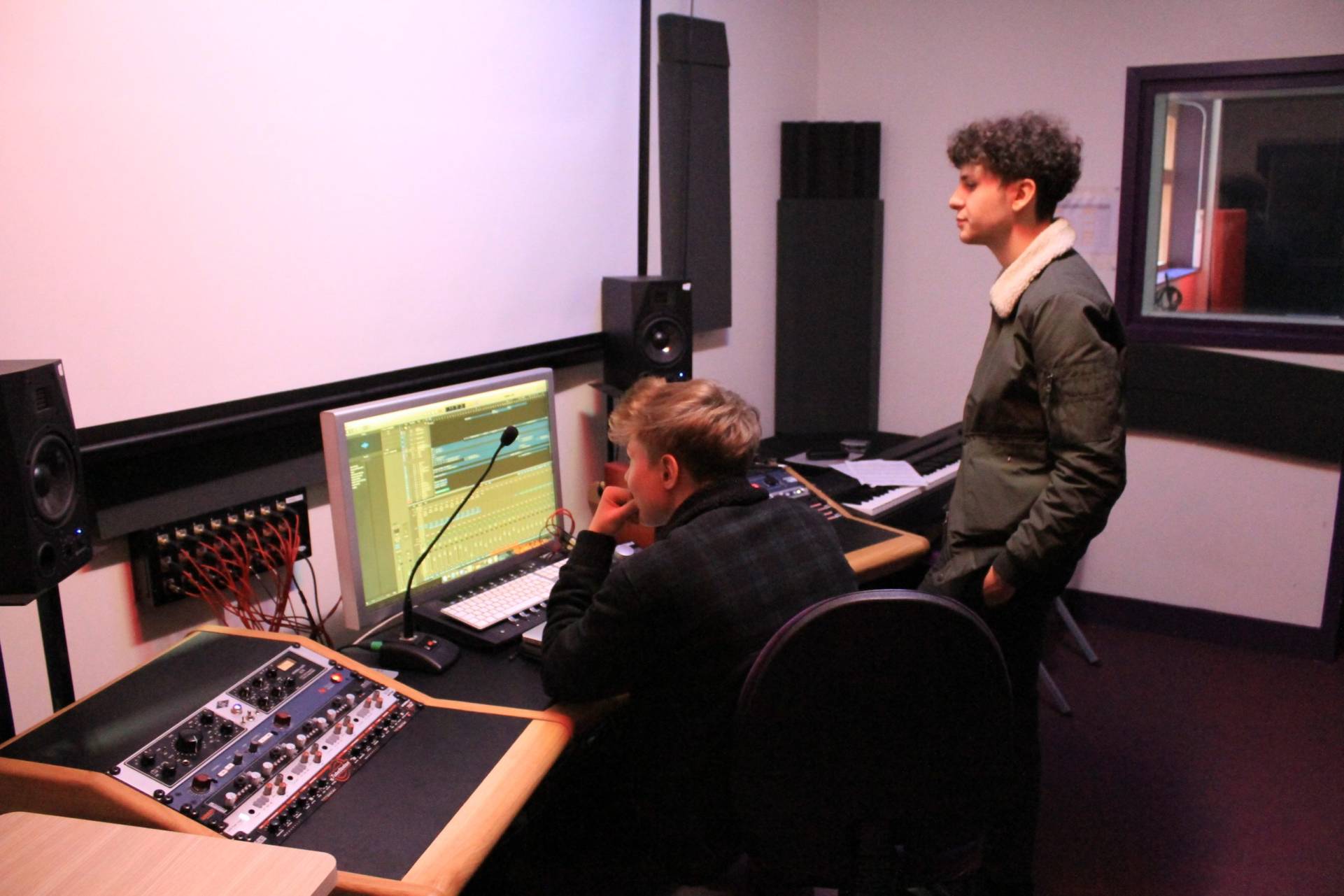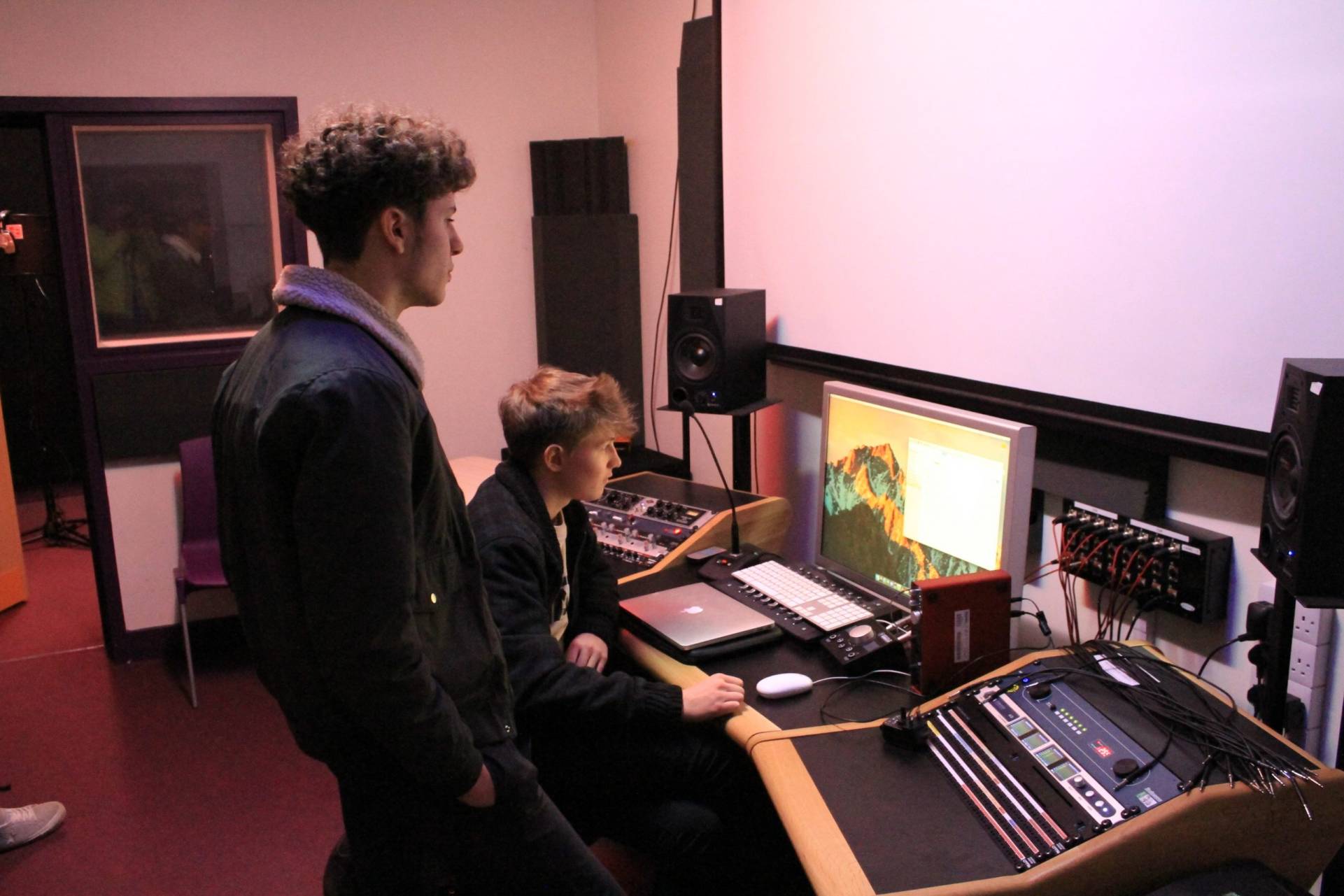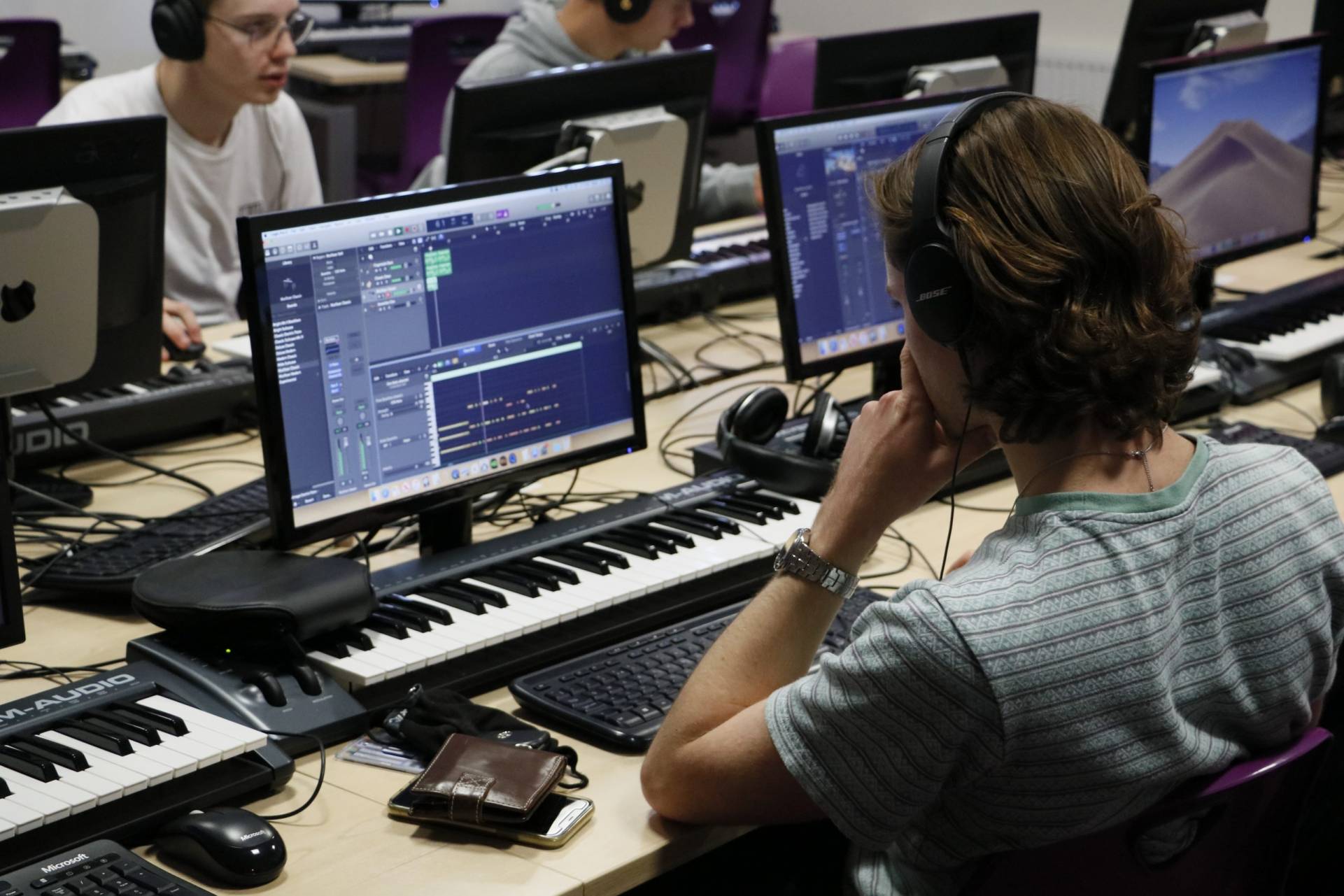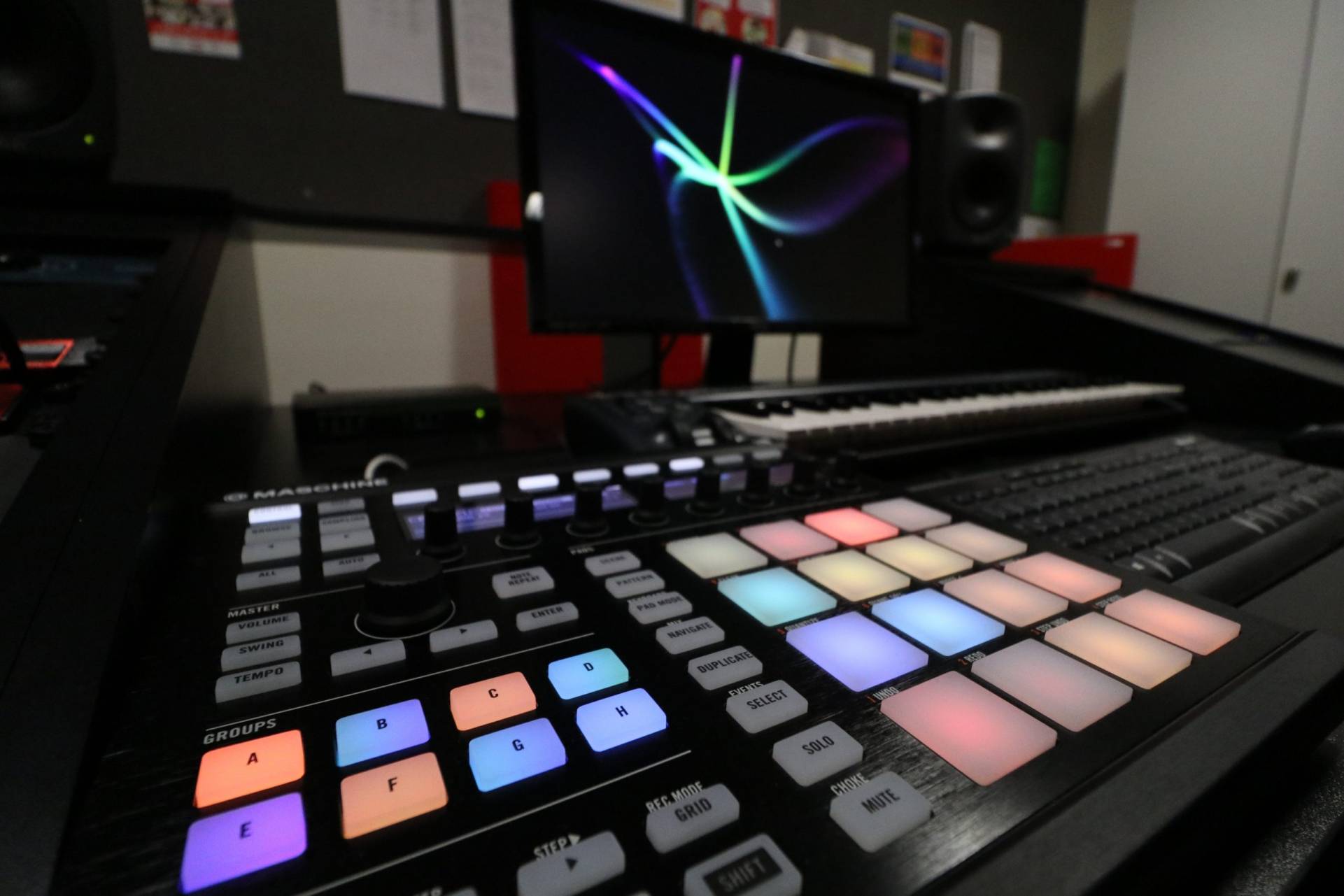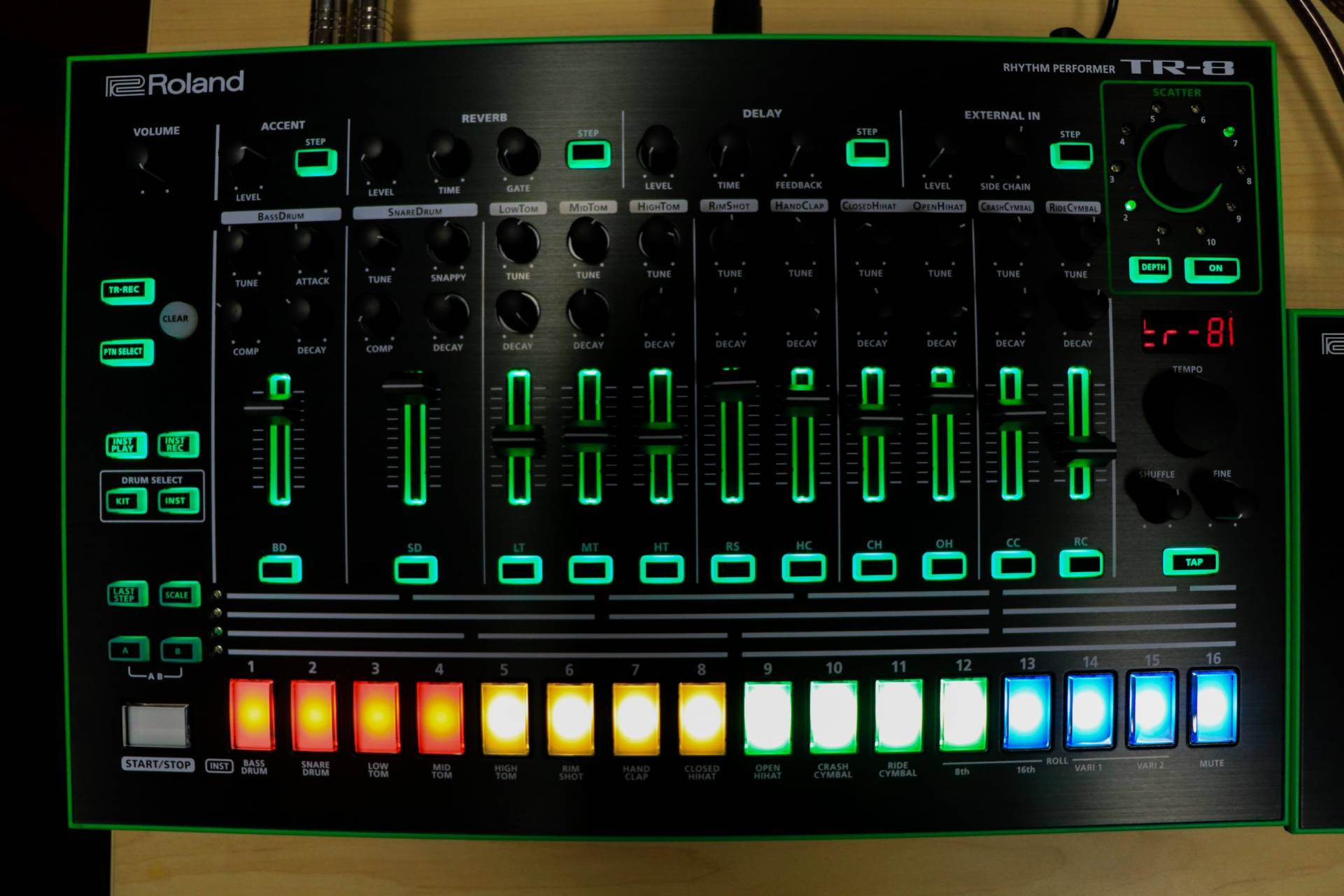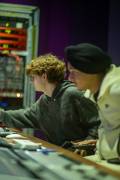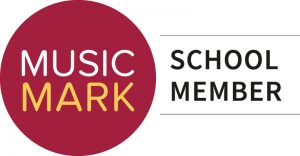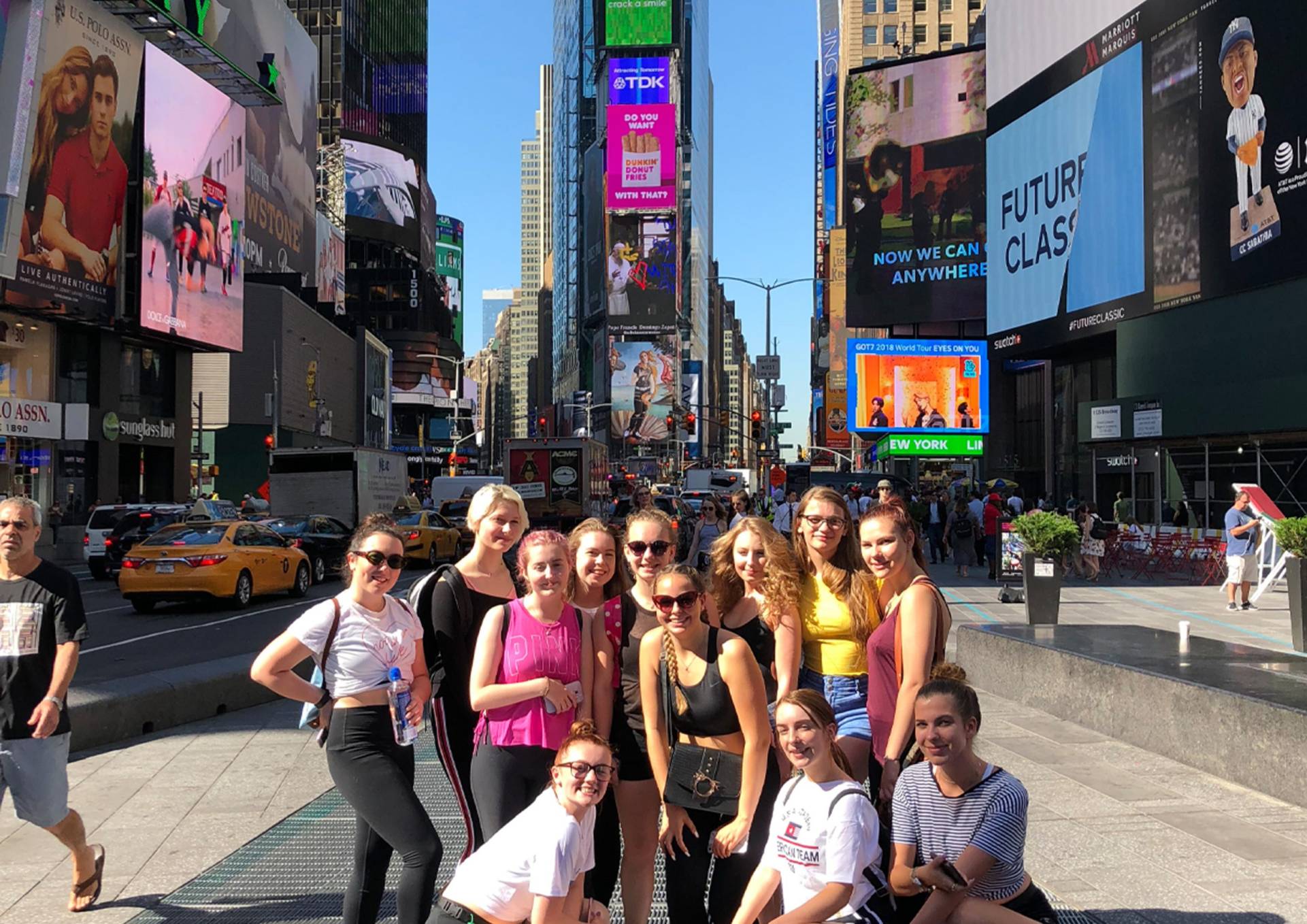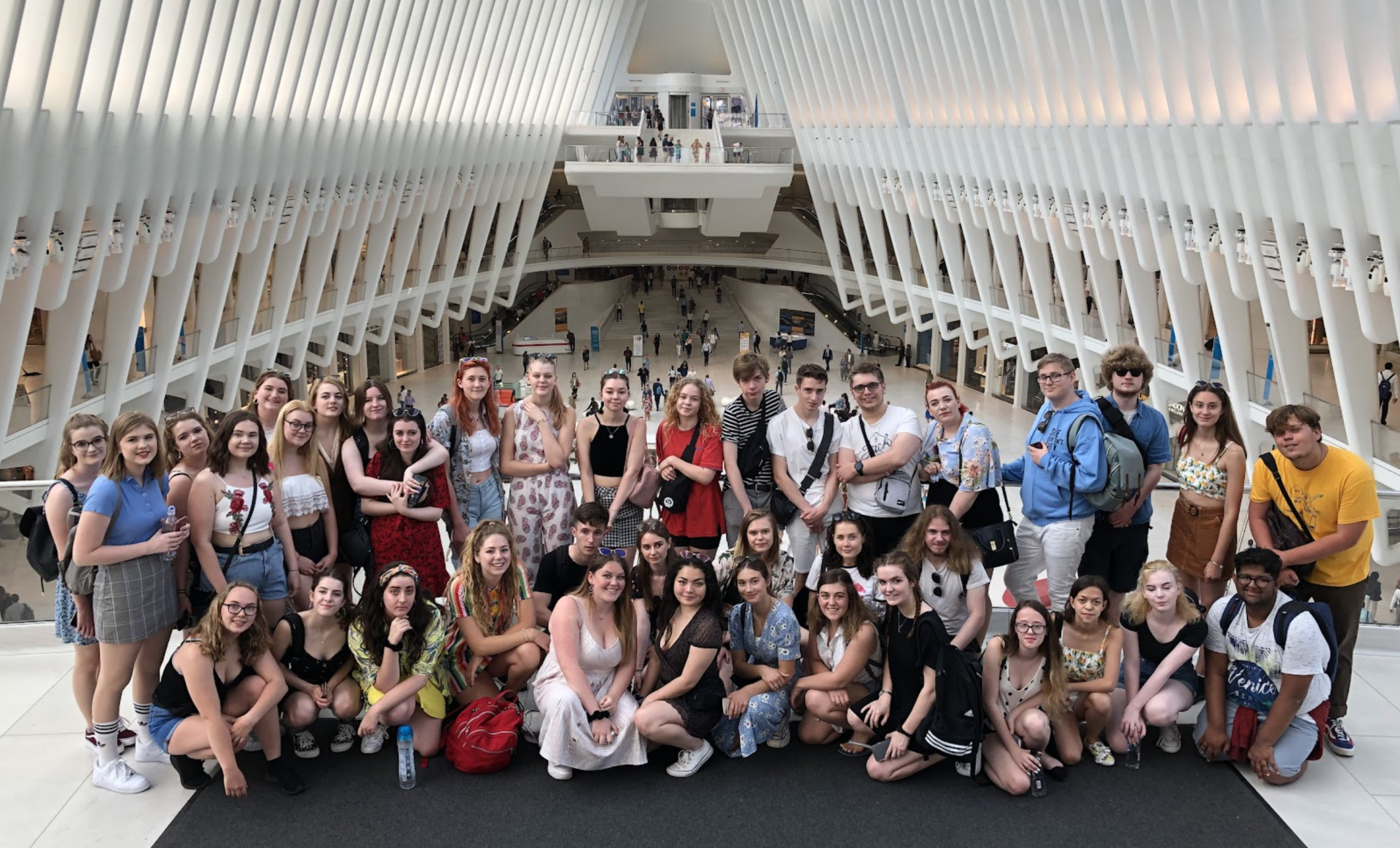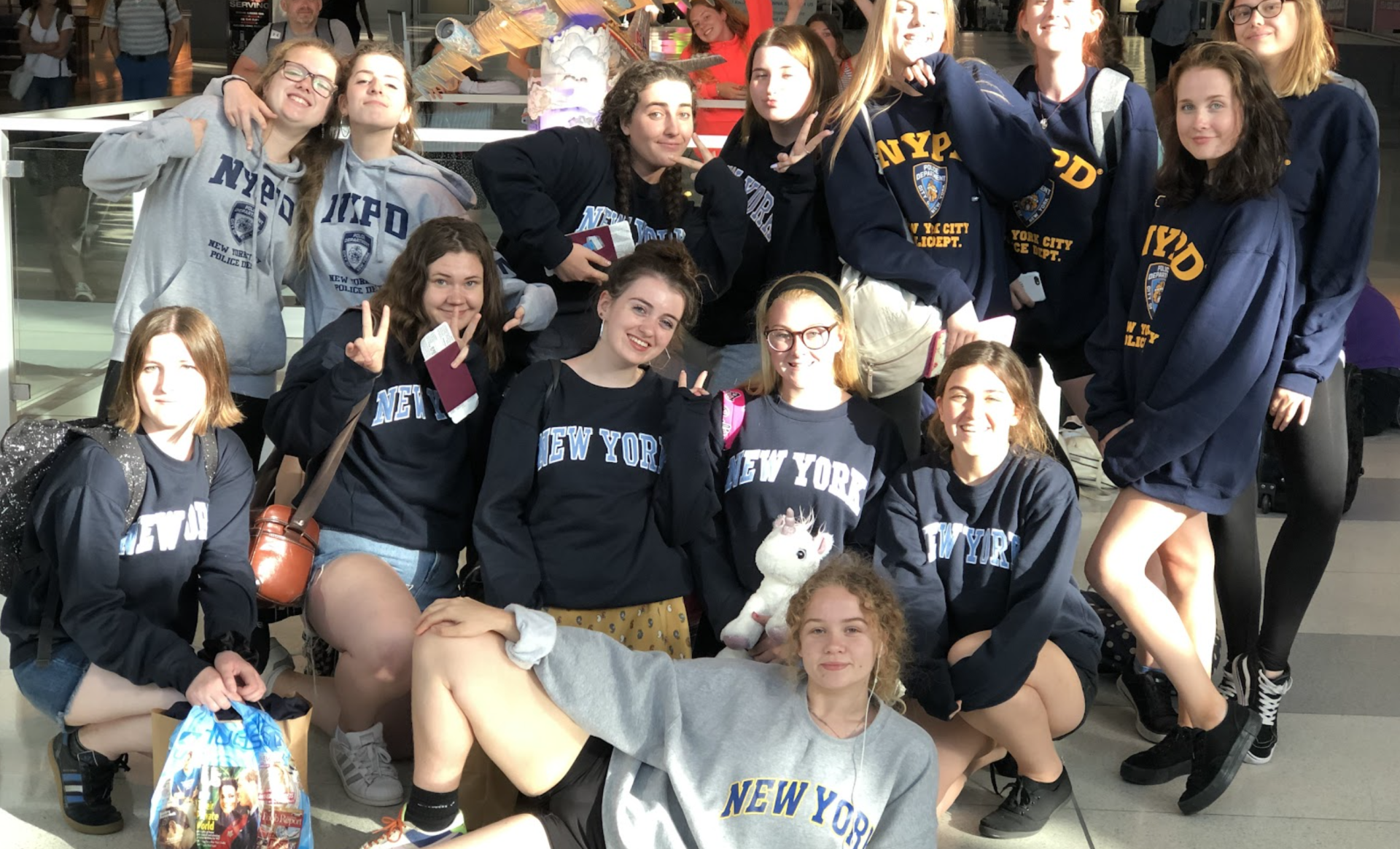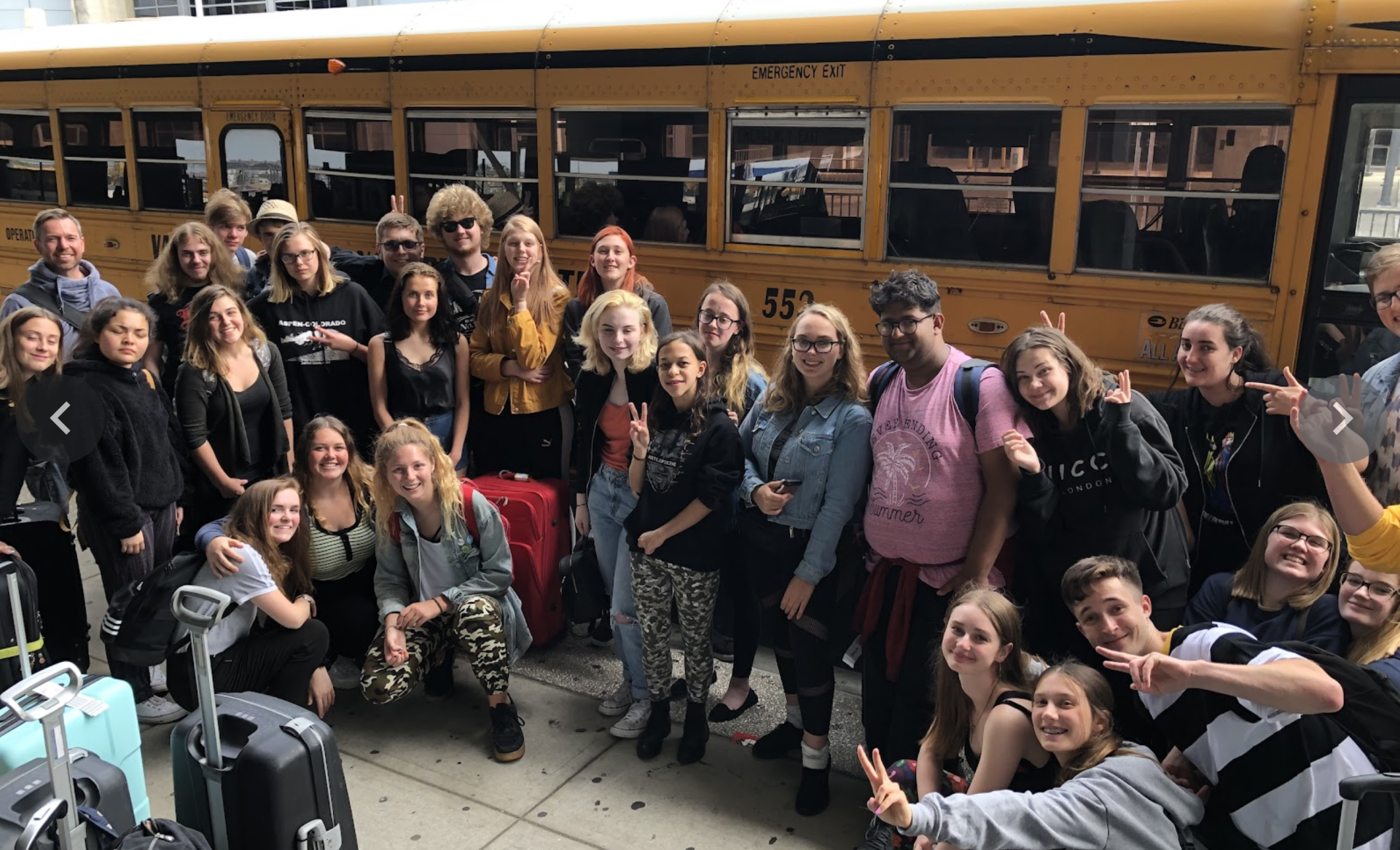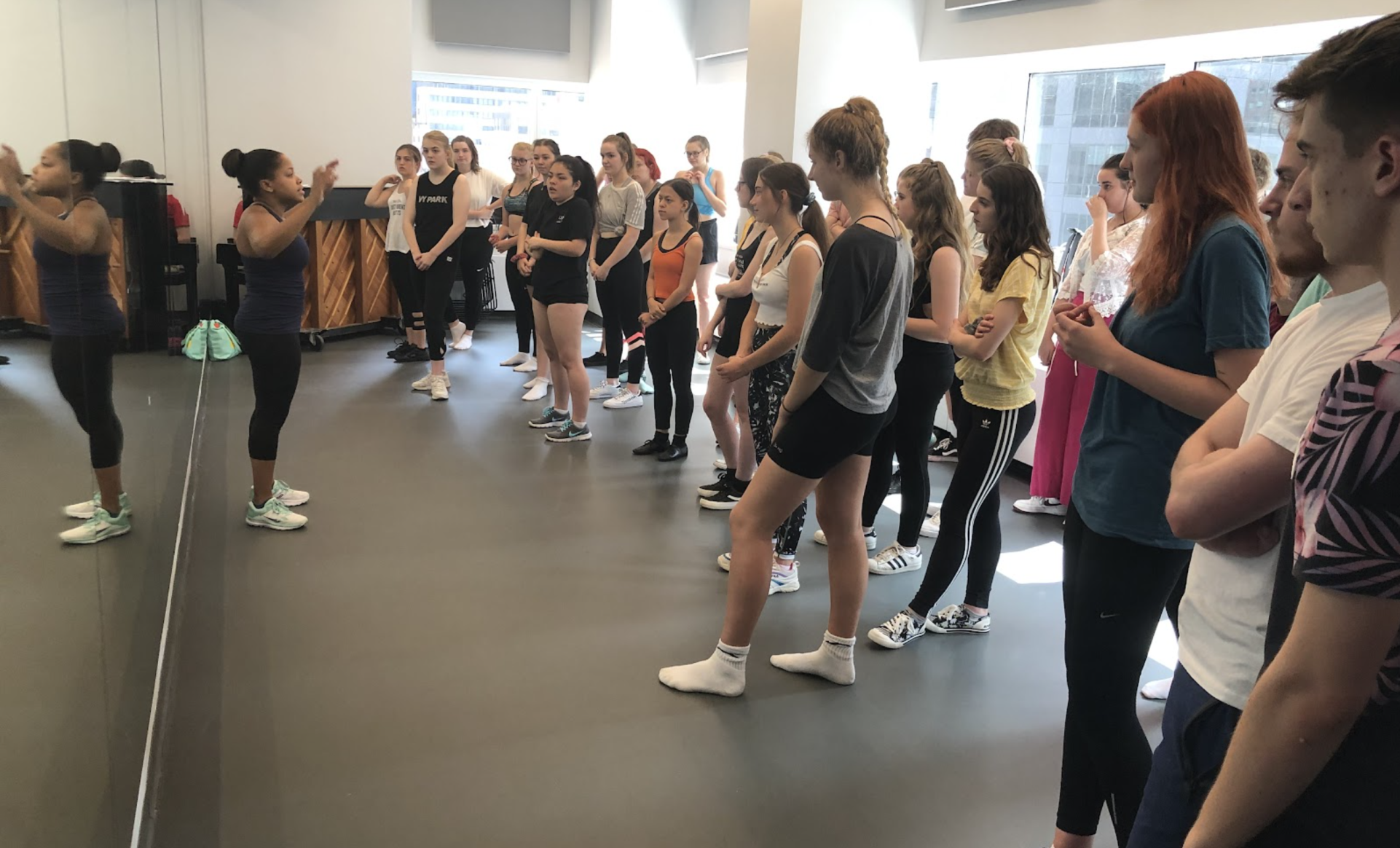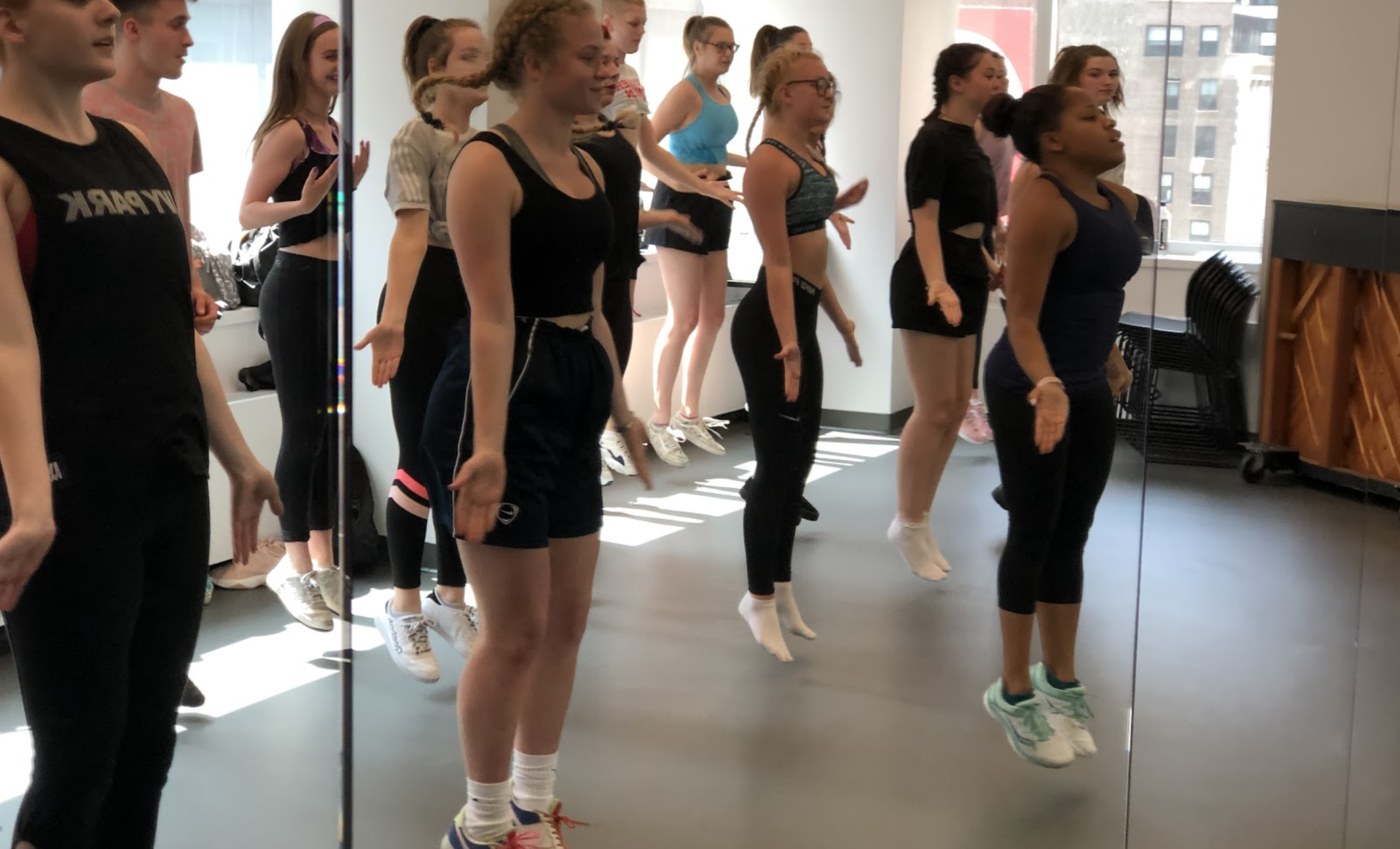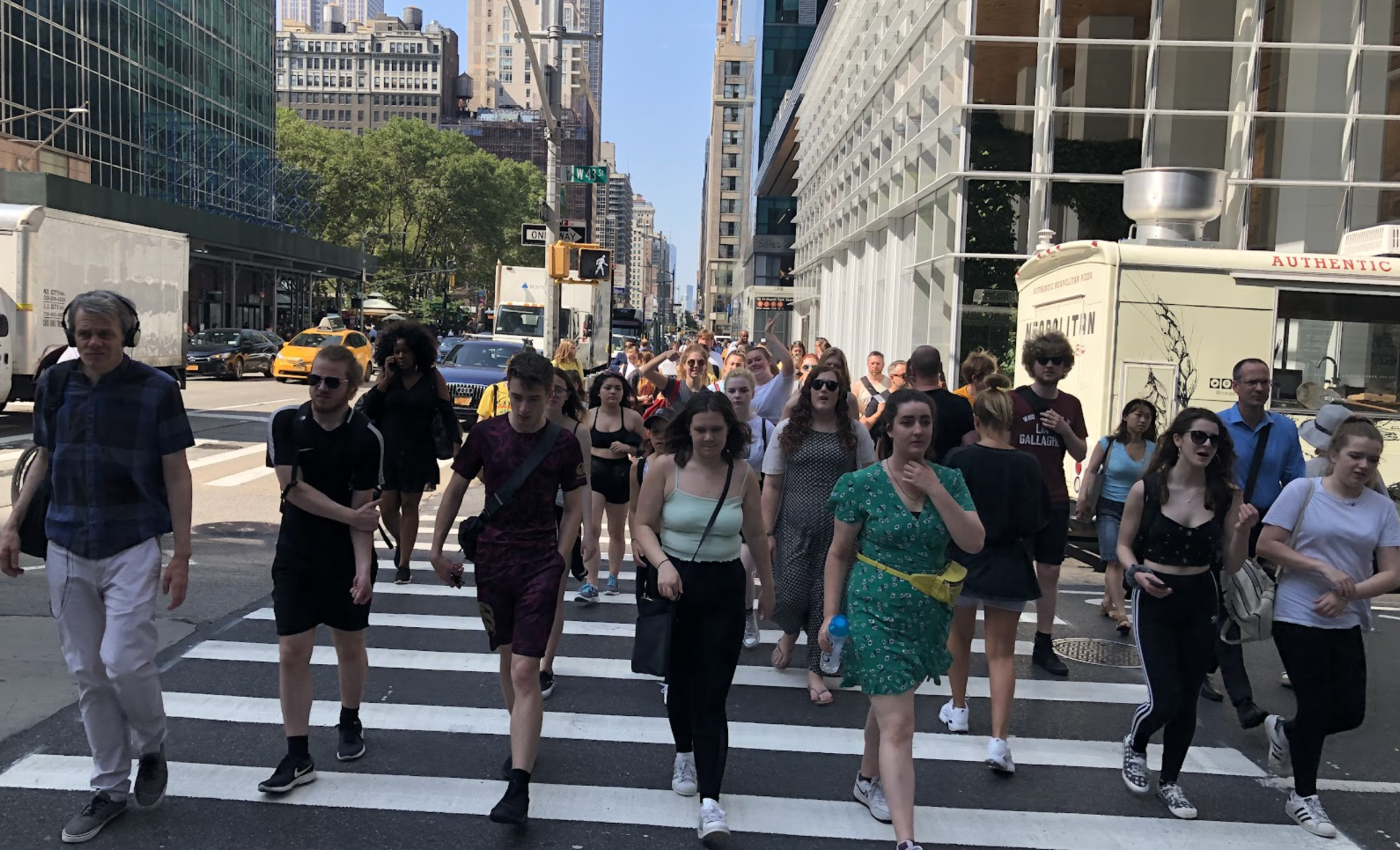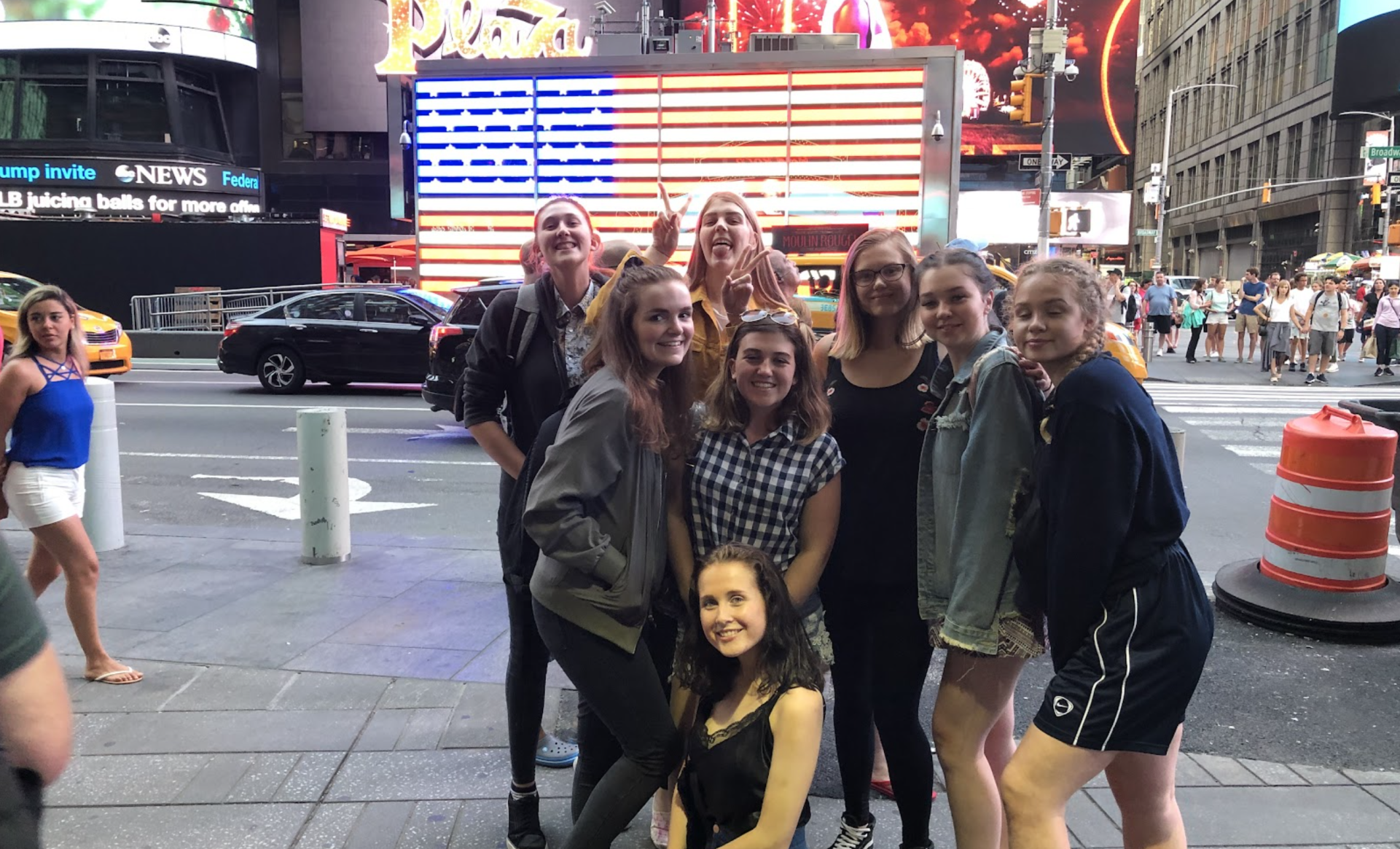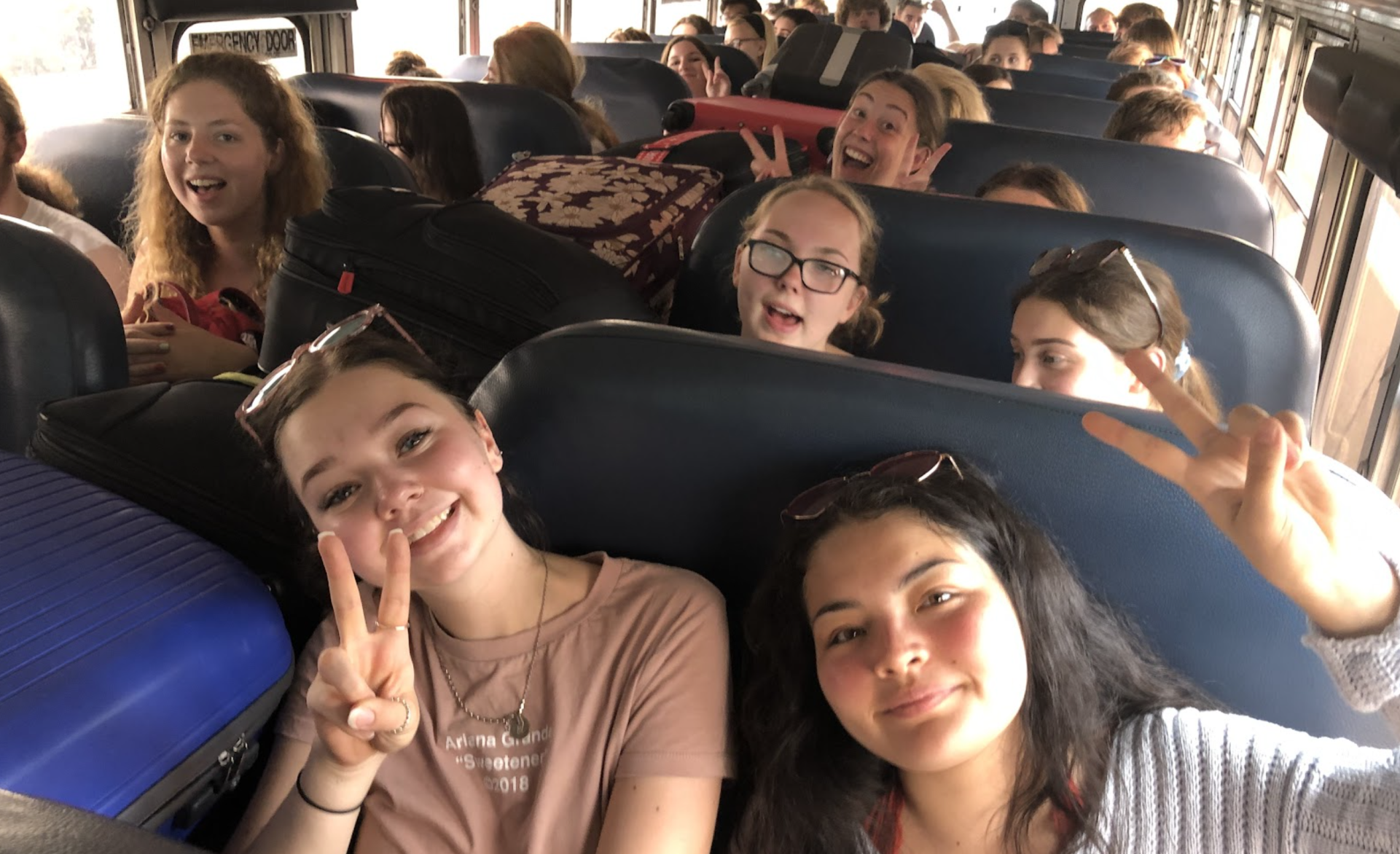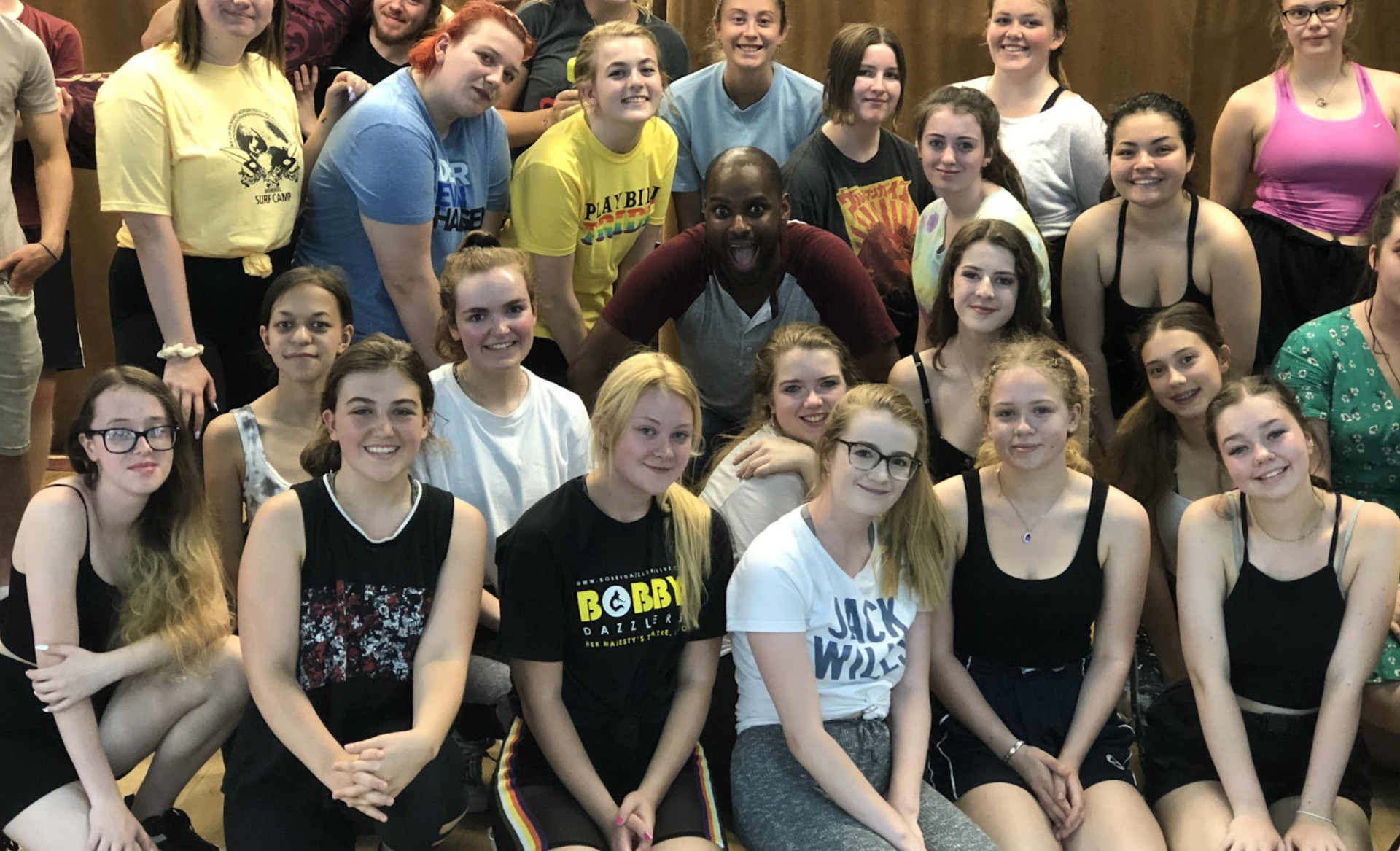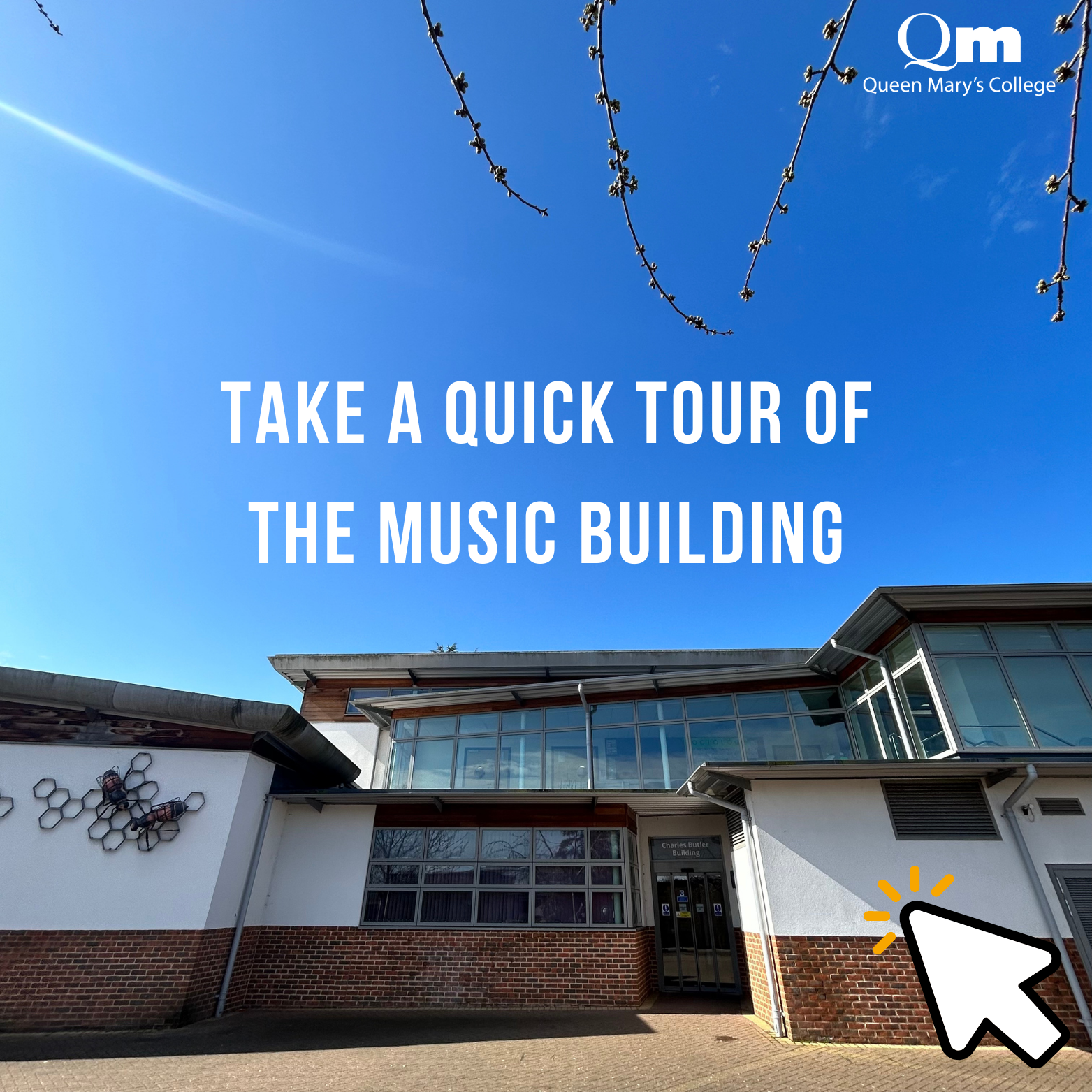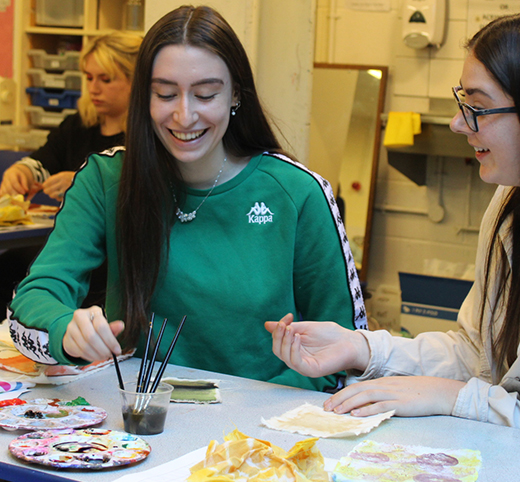The Music Technology A Level will support students in forming personal and meaningful relationships with music technology through the development of musical knowledge, understanding and skills. These include recording, technology-based composition, listening, analysing and producing. Students will be encouraged to engage with a wide range of music technology techniques and develop an understanding of the historical and cultural contexts of the use of music technology in the creation and production of music.
The Music Department
We have high expectations of all of our Music students and aim to challenge you to achieve outstanding results. Here at QMC, we are delighted to have become a Music Mark School Member in recognition of the excellent courses, facilities, teaching and opportunities for Music students.
We are equipped with excellent facilities and a team of highly dedicated and committed teachers who will ensure that you are provided with every chance of succeeding during your time at College. The Music teaching staff at QMC are all active musicians, composers, engineers, producers and examiners in their own right, and are able to relay their industry experience to their students.
“Thank you for all the hard work you do to ensure that students are able to access and engage with high-quality music education.”- Bridget Whyte, Chief Executive, Music Mark.
Our Performing Arts mission is to develop Creativity and Academic Excellence for your future:
- Strive for excellence and innovation
- Be authentic
- Be exciting, inspiring and engaging
- Ensure a positive and inclusive experience
- Enable personal progression


